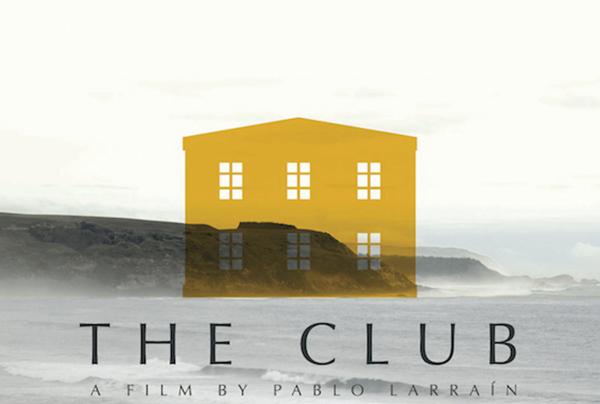“The Club” Succeeds Without Being Preachy

“The Club,” directed by Pablo Larraín, follows the story of four former priests and the woman who tends to them and how their lives are disrupted by a Vatican emissary.
February 5, 2016
The ex-priests in Pablo Larrain’s “The Club” are just biding their time. Sent to live together on a beach after being exposed for sexual abuse, they watch TV, train greyhound racing dogs and enjoy the sea salt air. Their lives seem peaceful — that is, until one of their victims shows up, threatening to expose their crimes to the entire town. A high-ranking church official then arrives, looking to knock the priests out of their complacency. What follows is an unusually deep look into the psychology of sexual abuse.
A striking characteristic of the ex-priests in the film is how little remorse they seem to feel. For most of the film, these men do not think of themselves as criminals or perpetrators. Instead they have created extremely complex religious rationalizations for their actions. They feel that God made them this way, that God gave them special permission to commit these acts and that they do not have to answer to any earthly authority. The existence of God is justification for their nihilism.
Their harsh demeanor is on full display during their interactions with the church official, who is there to interview the men and possibly shut down the house. They call him a rich man with no real experience and a hypocrite. The film gains complexity by never really contradicting these accusations, allowing the scenes in which he interviews them to be the best in the film. The philosophical dialogue never stands out as airy or didactic.
The intense material of “The Club” is successful largely due to great acting from the entire cast. You can always tell that the men are extremely corrupted, but you never see them as hateful villains. There is also a sense of comedy at certain points, preventing the movie from being overwhelmingly miserable.
The film’s visuals match the tone perfectly. The beach is never shot in a way that makes it look attractive, adhering to a dull grey look. Larrain chooses to shoot mostly in heavy fog, drawing attention to the characters’ distance from general society.
“The Club” explores a similar subject as the 2015 drama “Spotlight,” but it goes much deeper. “Spotlight” always made clear the outrage of the priests’ sexual abuse, comforting the viewer as the scandals were uncovered. Even the characters who were complicit were always trying to do what they believed was right. “The Club” forces the viewer to feel the weight of the abuse much more by showing how detached the priests are from their actions, and by refusing to name a specific part of society as the culprit.
Email Tony Schwab at [email protected].























































































































































